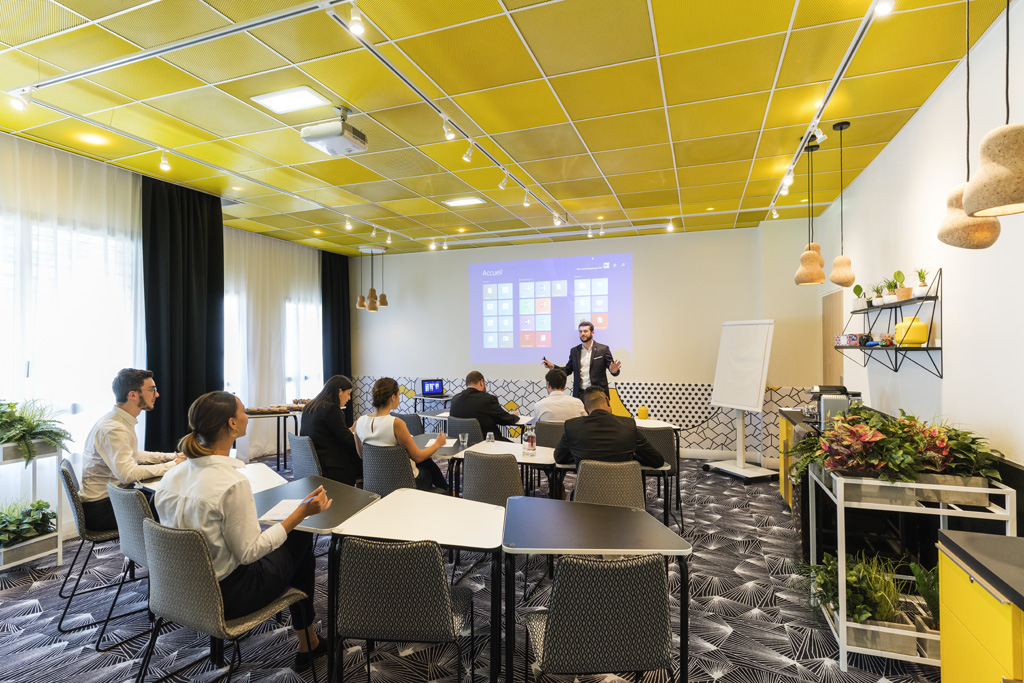
6 mistakes to avoid for a successful meeting !

Mistake #1 – Choosing the wrong time
Concentration is essential for a successful meeting. Avoid scheduling your meeting too early in the morning when attendees might still be sleepy, or too late in the day when they can’t wait to go home.
Monday mornings and Friday afternoons should always be avoided, as the level of concentration and good mood at these times of the week are generally at their lowest.
For a successful meeting, 6 mistakes to avoid!
As a meeting organizer you always have to pay great attention to detail.
However, there are always some things that just slip through the cracks. Just as there are many tips and techniques that can add value to your meeting orseminar, there are also a few mistakes that can totally ruin an event that you have spent weeks preparing.
Team spirit, unity, motivation, self-confidence, independence, creativity… If you want to encourage all these things to shine and ensure the success of your meeting, here are six mistakes to avoid in meetings selected by our Accor specialists.
Concentration is essential for a successful meeting. Avoid scheduling your meeting too early in the morning when attendees might still be sleepy, or too late in the day when they can’t wait to go home.
Monday mornings and Friday afternoons should always be avoided, as the level of concentration and good mood at these times of the week are generally at their lowest.
There’s nothing worse than attendees walking into a meeting without knowing what it’s about. A meeting without an agenda has several consequences: poorly prepared and unfocused participants, an unproductive meeting and a loss of credibility for the organizer.
A meeting should be neither a dull monotonous affair nor a chaotic mess. It’s up to you tocreate a dynamic and friendly environment using your creativity (background music, welcome video, posters, post-its, materials, etc.), but you also have to keep this positive dynamic going.
Be friendly, understanding and attentive, but make sure you have zero tolerance regarding any lack of discipline. This applies to both comments and attitudes or the use of mobile phones.
If a disruptive attendee doesn’t change their behavior despite being made aware of the rules and being warned, ask them to leave for the benefit of the group.
Many organizers believe they are doing the right thing by preparing extensive notes and highly detailed PowerPoint presentations. However, your notes and slides should really only act as a skeleton, a support to help guide your audience.
Detach yourself from your notes and avoid endless monologues that bore participants and prevent them from thinking critically.

Some organizers try to carry the weight of the meeting alone, forgetting that it is a great opportunity to exchange ideas and best practices. Don’t be too rigid and don’t just make it a series of monologues.
Get participants to express their opinions, ask them questions, stimulate their curiosity andorganize workshops that encourage teamwork and reflection. Brainstorming is excellent for encouraging a group to get more active and involved.
A classic mistake is to develop a concept, present a product or reveal a strategy and then just ask participants if they have understood everything. Almost nobody will dare to say no. Look at their reactions to try to gauge how they are thinking and above all, never end your meeting without making one or more decisions.
Now that you know what mistakes to avoid in your next meeting, discover how to organize an effective meeting.
